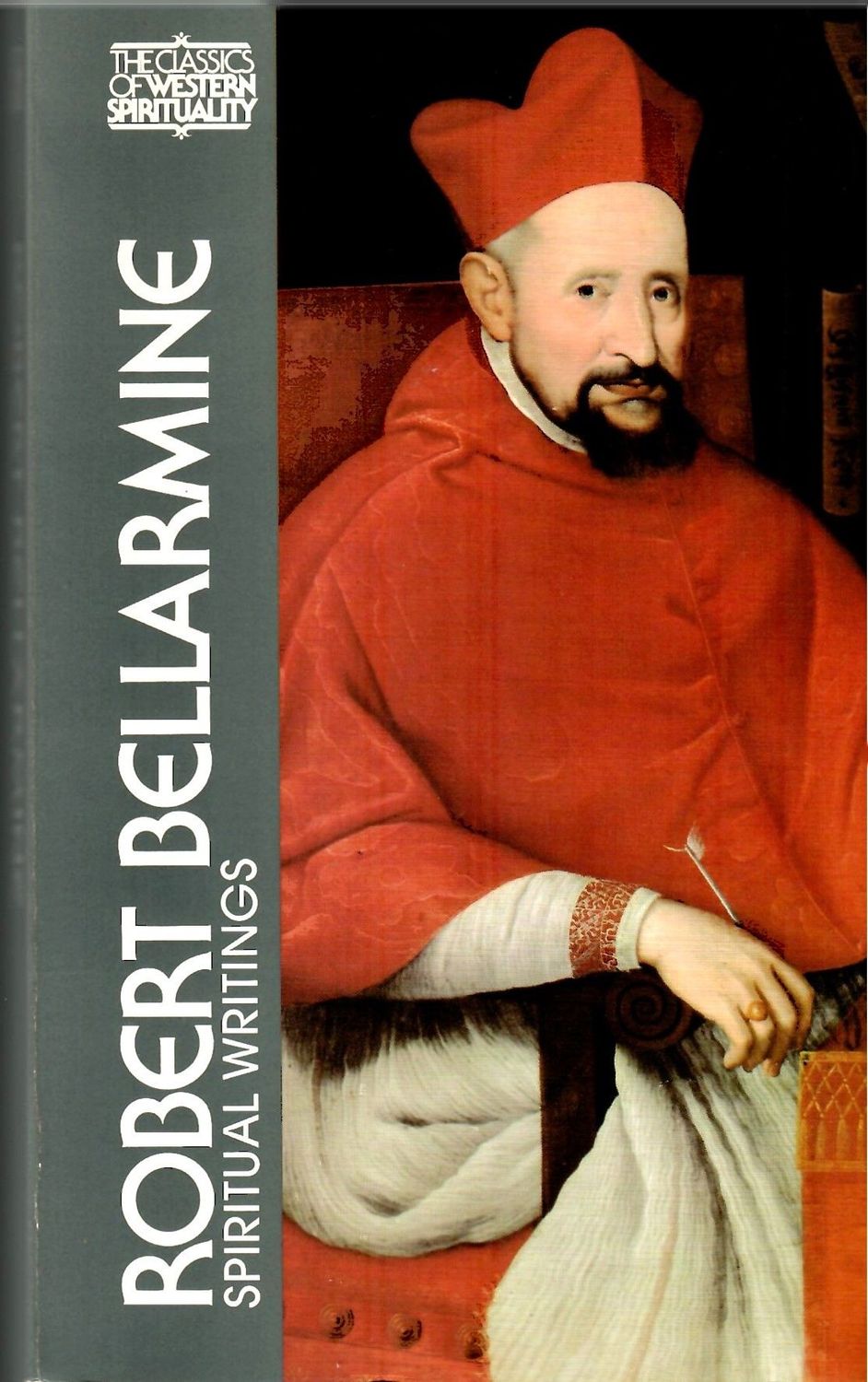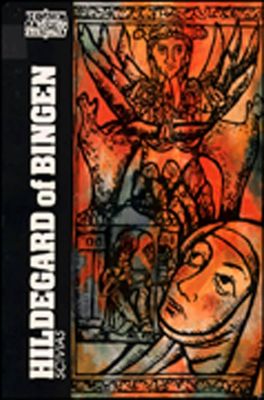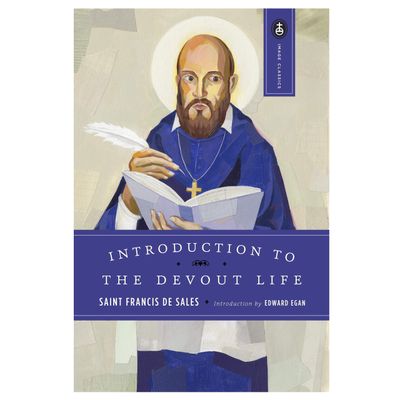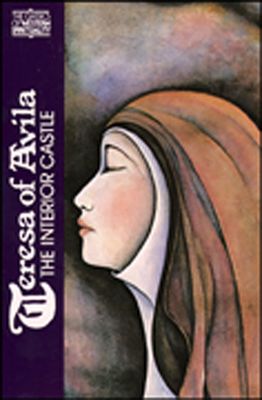Robert Bellarmine: Spiritual Writings (Classics of Western Spirituality)
SKU 9780809128754
$28.95
Pre-order
Out of stock, available for pre-order
1
Product Details
Brand: Classics Western Spirituality
"The texts are first-rate, and the introductions are informative and reliable. The books will be a welcome...addition to the bookshelf of every literate religious person." The Christian Century Robert Bellarmine: Spiritual Writings translated and edited by John Patrick Donnelly, S.J., and Roland J. Teske, S.J. introduction by John Patrick Donnelly, S.J. preface by John O'Malley, S.J. "Lo
"Look up in wonder, my soul, at the infinite goodness of your Creator, who carries and conserves all things so lovingly despite his not needing their works." Robert Bellarmine (1542-1621) There are few figures in the history of the Church that have had such a wide-ranging effect on the religious life of their age as Robert Bellarmine. Born in Tuscany in 1542, he entered the Society of Jesus at the height of the Counter-Reformation. His first major work, The Controversies, was published in 1586 and became the standard apologetic used in disputes with the Protestants. His revision of the Latin Vulgate Bible that had been commissioned by the Council of Trent became the standard Catholic text for over three hundred years. In 1597 he published his most popular and memorable work, Dottrina cristiana breve. That short catechism was used by Jesuit missionaries in sixty-two languages for over three centuries. Scholar, bishop, and saint, Bellarmine was a true Renaissance figure whose diverse skills shaped the Church of his day. Perhaps less well known is his contribution to the spiritual tradition of post-Tridentine Catholic spirituality. In this volume, two of his most influential ascetical works have been produced for the first time in modern English translations. The Mind's Ascent to God (1614) is a treatment of the steps involved in ascending to union with God, written in the tradition of Bonaventure and John Climacus. Characterized by Pierre Pourrat as a work of "optimistic piety, overflowing with divine love," it became an almost instant success, with five Italian editions done in the first year of publication. By 1930 some sixty editions in over fourteen different languages had promulgated what is arguably Bellarmine's most beautiful and inspiring spiritual work. In 1619 he published his last ascetical piece, The Art of Dying Well, which is included here in its entirety. Drawing on the medieval genre of books on death, it blended a traditional approach with elements of new piety of the Renaissance and Counter-Reformation. Together these two works, introduced masterfully by John Donnelly, provide a deep insight into the piety of a great figure. †Save this product for later
Customer reviews
Reviews only from verified customers
No reviews yet. You can buy this product and be the first to leave a review.
Robert Bellarmine: Spiritual Writings (Classics of Western Spirituality)
You May Also Like

Gregory of Nyssa: The Life of Moses
Gregory of Nyssa: The Life of Moses
Classics of Western Spirituality - Abraham J Malherbe & Everett Ferguson trans
$24.95
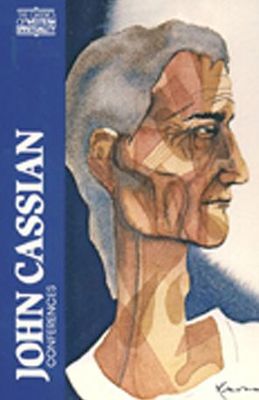
John Cassian: Conferences
John Cassian: Conferences
Classics of Western Spirituality - Paulist Press
$24.95

John of the Cross: Selected Writings
John of the Cross: Selected Writings
Kieran Kavanaugh, OCD translator
$26.95

John Climacus: The Ladder of Divine Ascent
John Climacus: The Ladder of Divine Ascent
Classics of Western Spirituality
$26.95

Bernard of Clairvaux: Selected Works
Bernard of Clairvaux: Selected Works
Classics of Western Spirituality Series
$31.95
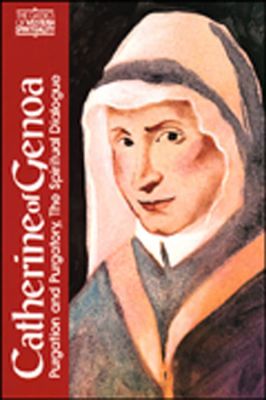
Catherine of Genoa: Purgation and Purgatory, The Spiritual Dialogue
Catherine of Genoa: Purgation and Purgatory, The Spiritual Dialogue
Classics of Western Spirituality - Paulist Press
$21.95
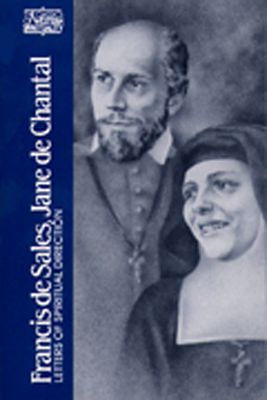
Francis De Sales, Jane De Chantal: Letters of Spiritual Direction
Francis De Sales, Jane De Chantal: Letters of Spiritual Direction
Classics of Western Spirituality - Paulist Press
$26.95

Athanasius: The Life of Antony and The Letter to Marcellinus
Athanasius: The Life of Antony and The Letter to Marcellinus
Translation and introduction by Robert c. Gregg - Classics of Western Spirituality Series - Paulist Press
$24.95
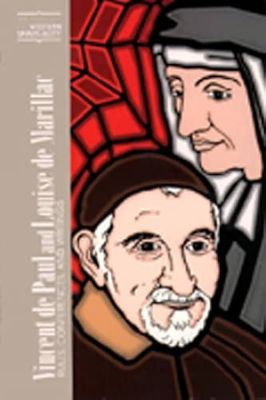
Vincent De Paul and Louise De Marillac: Rules, Conferences, and Writings
Vincent De Paul and Louise De Marillac: Rules, Conferences, and Writings
Classics of Western Spirituality - Paulist Press
$27.95
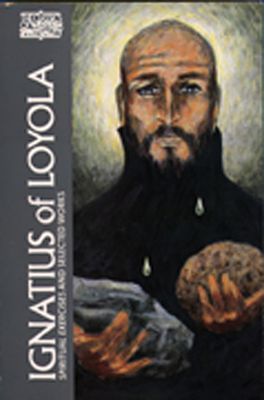
Ignatius of Loyola Spiritual Exercises & Selected Works
Ignatius of Loyola Spiritual Exercises & Selected Works
translator George E Ganss - Classics of Western Spirituality - Paulist Press
$34.95

Pseudo-Macarius: The Fifty Spiritual Homilies and The Great Letter
Pseudo-Macarius: The Fifty Spiritual Homilies and The Great Letter
Classics of Western Spirituality - Paulist Press
$34.95
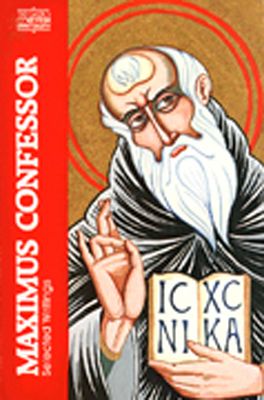
Maximus the Confessor: Selected Writings
Maximus the Confessor: Selected Writings
Classics of Western Spirituality - Paulist Press
$29.95
Powered by Lightspeed
Display prices in:USD
